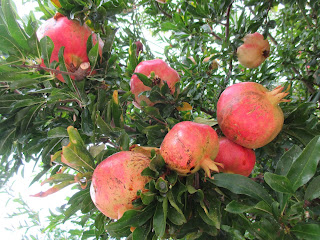Refugees Fleeing Bombings and Racing to Beat Winter Storms
 |
| Cumulus Clouds Over the Mediterranean Sea |
 |
| A Syrian Refugee Boy in Chania |
 |
| Rough Sea, Chania |
 |
| Ferry Boat, Port of Piraeus |
 |
| “Rima’s” Twin Daughters |
Anxiety and Ambivalence: Utopia Neither Here Nor There
 |
| Plane Tree Above Café Tables, Chania |
 |
| Technical University of Crete |
 |
| Wildflower and Bee in Crete |
Greeks Bearing Gifts
 |
| Reddening Pomegranates on a Neighborhood Tree |
 |
| Students’ Kung Fu Demonstration |
 |
| Summer Day Camp,Technical University of Crete |
 |
| Robot, Science Day, Technical University of Crete |
 |
| Flying Drone, Science Day, Technical University of Crete |
This is one of many moving, even inspiring stories about how volunteers have managed to make a difference in some refugees’ lives. It does not reduce the tragedy of the human lives they cannot save, it does not reduce the need for national governments and international aid organizations to play a more active, coordinated, efficient, effective role in refugee rescue, support, care, and relocation. But it does inspire me with hope for—what can I say?—human nature.
ReplyDeleteBeach rescuers in life-and-death struggle on Lesvos
http://www.ekathimerini.com/203125/article/ekathimerini/community/beach-rescuers-in-life-and-death-struggle-on-lesvos